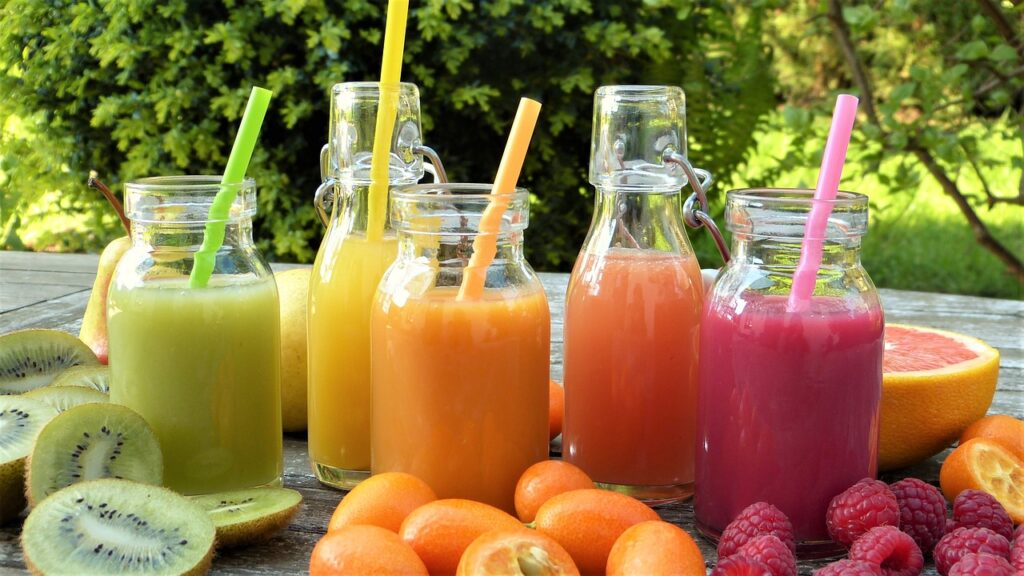Fructose is a naturally occurring sugar present in various fruits, vegetables, and honey. It is widely used as a sweetener in processed foods and beverages. Unlike glucose, which is the main sugar used for energy in the body, fructose is metabolized differently. Consequently, there have been concerns about the possible negative impact of excessive fructose consumption on liver health. Discover the potential health risks associated with consuming high amounts of fructose and how it could affect your liver health.
The potential health effects of fructose, a natural sugar found in fruits, vegetables, and honey, have raised concerns. Studies have linked high consumption of added sugars containing fructose, such as sugary drinks and processed foods, to the development of non-alcoholic fatty liver disease (NAFLD). NAFLD can lead to serious conditions like cirrhosis and liver cancer. However, the fructose in whole fruits is not typically consumed in large enough quantities to cause liver damage. Furthermore, whole fruits offer additional beneficial nutrients like fiber, vitamins, and antioxidants that may help protect against liver disease.
Consuming high amounts of fructose, particularly from added sugars in processed foods and sugary drinks, can lead to non-alcoholic fatty liver disease (NAFLD). However, the fructose in whole fruits is not typically consumed in large enough quantities to cause liver damage. A study in the Journal of Hepatology found that eating whole fruits like apples and oranges can reduce the risk of NAFLD, while fruit juice, which often has added sugars and higher fructose levels, can increase the risk. Whole fruits also contain fiber, vitamins, and antioxidants that may protect against liver disease.
Another study published in the American Journal of Clinical Nutrition found that consuming whole fruits, but not fruit juice, was associated with a lower risk of developing type 2 diabetes, a condition that is also associated with NAFLD.
It is worth noting that people with existing liver conditions or those who consume large amounts of added sugars should still be mindful of their fruit intake. Consuming too much fructose, even from whole fruits, can contribute to the development or progression of liver disease.
In summary, consuming high amounts of added sugars from processed foods and sugary drinks can contribute to liver disease despite fructose being a natural sugar found in fruits. However, consuming whole fruits, which contain smaller amounts of fructose and other beneficial nutrients, may actually help protect against liver disease. Therefore, moderation and balance are key for maintaining overall health when it comes to dietary components.
Sources:
- Softic S, Kahn CR. Dietary sugars and hepatic metabolism. J Clin Invest. 2017;127(1):43-51.
- Jin R, Welsh JA, Le NA, Holzberg J, Sharma P, Martin DR, Vos MB. Dietary fructose reduction improves markers of cardiovascular disease risk in Hispanic-American adolescents with NAFLD. Nutrients. 2014;6(8):3187-3201.
- Schwimmer JB, Deutsch R, Kahen T, et al. Prevalence of fatty liver in children and adolescents. Pediatrics. 2006;118(4):1388-1393.
- Kim Y, Keogh JB, Clifton PM. Nuts and cardio-metabolic disease: a review of meta-analyses. Nutrients. 2018;10(8):pii:E943.
- Liu Y, Hu D, Wang X, et al. Fruits consumption and risk of type 2 diabetes: results from three prospective longitudinal cohort studies. Diabetes Res Clin Pract. 2019;148:50-60.
Written by Coach Nachiketh Shetty

